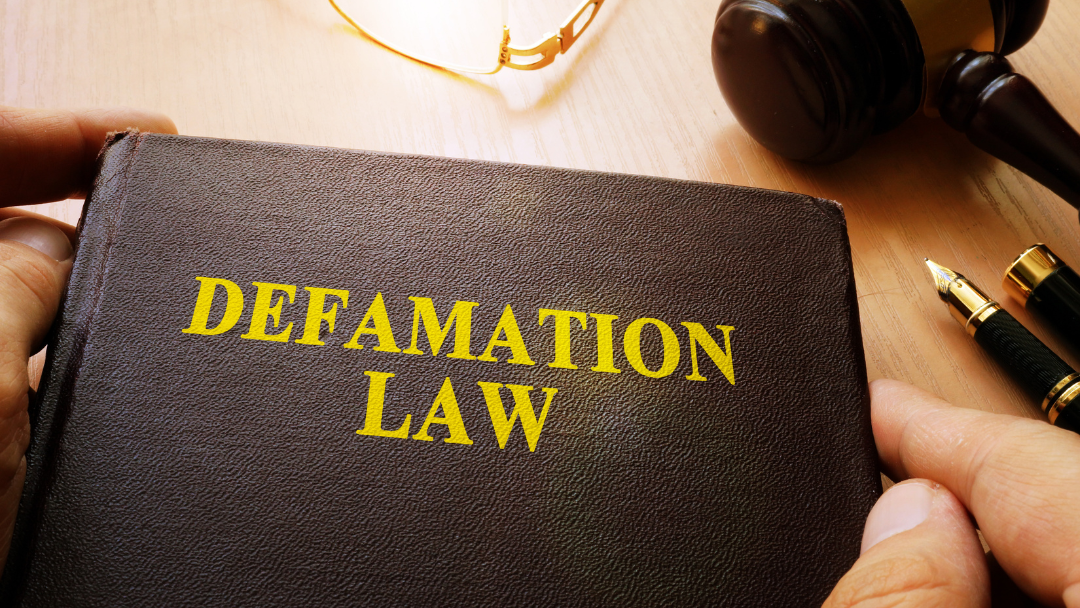
FACTS
Aileen R. Macabangon is a barangay kagawad of Muntay, Kolambugan, Lanao del Norte. She mediated between Argelyn M. Labargan and Edna Jumapit in a barangay conciliation to settle their dispute. Labargan’smother, Virginia, told her that she should not mediate “because she is dumb, has not gone to school and is ignorant.”
Macabangon was walking past Labargan’s house one day, when she heard Labargan yelled from her house’s terrace that the she was “dull”, “uneducated”, “ignorant”, and biased against Labargan in the barangay conciliation proceedings.
“Si Aileen konsehan nga bugo, walaygrado! Ignorante!”
Many people heard these remarks as Labargan’sterrace was just beside the highway.
The Municipal Circuit Trial Court found Labargan guilty of grave oral defamation. The Regional Trial Court and Court of Appeals upheld the conviction.
ISSUE:
WON Labargan is guilty of Grave Oral Defamation under the Revised Penal Code
RULING:
The Supreme Court ruled that Petitioner Labargan is not guilty of grave oral defamation.
In acquitting Labargan, the Supreme Court ruled that offensive remarks against public officers do not constitute defamation, if they relate to their discharge of official duties, unless actual malice is proven.
Under Article 358 of the Revised Penal Code, there is oral defamation or slander when (1) there is an imputation of a crime, or of a vice or defect, real or imaginary, or any act, omission, status or circumstances; (2) made orally; (3) publicly; (4) and maliciously; (5) directed to a natural or juridical person, or one who is dead; and (6) which tends to cause dishonour, discredit or contempt of the person defamed.
As the law assumes that a defamatory allegation is malicious, or made with knowledge that it is false, the person who made the defamatory remarks has the burden of proving there was no malice.
However, when it comes to defamation against public officers in relation to their duties, the prosecution has the burden to prove there was actual malice in the defamatory remarks. The Court recognizes that the right to free speech empowers citizens to hold public officers accountable because public office is a public trust.
In the present case, the object of the complaint were statements against Macabangon, a barangay kagawad. The imputations were criticisms of her competence as a barangay kagawad, originating from her supposed partiality against Labargan in the barangay conciliation proceedings. These relate to Macabangon’s discharge of her official duties as a public officer.
The Court concluded by stressing that while Labargan’s statements against Macabangon may be offensive, they are not actionable by themselves. “Being ‘sensitive’ has no place in this line of service, more so when allowing otherwise has the potential to create a chilling effect on the public.”
The prosecution did not show that actual malice attended Labargan’s declarations. It was not established whether the defamatory statements were made with knowledge that these were false, or with reckless disregard as to its falsity.
Due to the prosecution’s failure to prove malice in uttering the defamatory statements, the Supreme Court finds that Labargan is not guilty of grave oral defamation.

